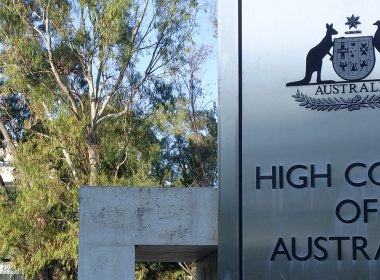Snapshot
- A prospective applicant may apply to the Federal Court under rule 7.23 of the Federal Court Rules for preliminary discovery from a prospective respondent.
- The recent decision of Toll Transport Pty Ltd v Fleiter [2017] FCA 376 demonstrates some of the advantages of taking a careful and strategic approach to the commencement of employment litigation, which includes consideration of preliminary discovery.
- The Toll decision highlights the necessity of conducting significant investigations to attempt to obtain sufficient evidence before applying for preliminary discovery.
Often, the first instinct of an employer when faced with possible misconduct or fraud by an employee is to instruct solicitors to send an urgent letter of demand to the former employee making various claims and allegations. However, this may not be the most strategic approach if there is insufficient evidence for the employer to carry out the threat of litigation. Depending upon the circumstances, and if the evidence is insufficient, an employer and its legal team should first consider an application for preliminary discovery, which means the first letter to the former employee should be carefully drafted.
The recent decision of Toll Transport Pty Ltd v Fleiter [2017] FCA 376 (‘Toll decision’), demonstrates some of the advantages of taking a careful and strategic approach to the commencement of employment litigation. This includes consideration of preliminary discovery. The Toll decision also highlights the necessity of conducting significant internal and potentially, external, investigations to attempt to obtain sufficient evidence, before applying for preliminary discovery.
For the purpose of this article, the Federal Court Rules 2011 (Cth) (‘Federal Court Rules’) are considered. However, the relevant court rules will need to be considered in each case.




